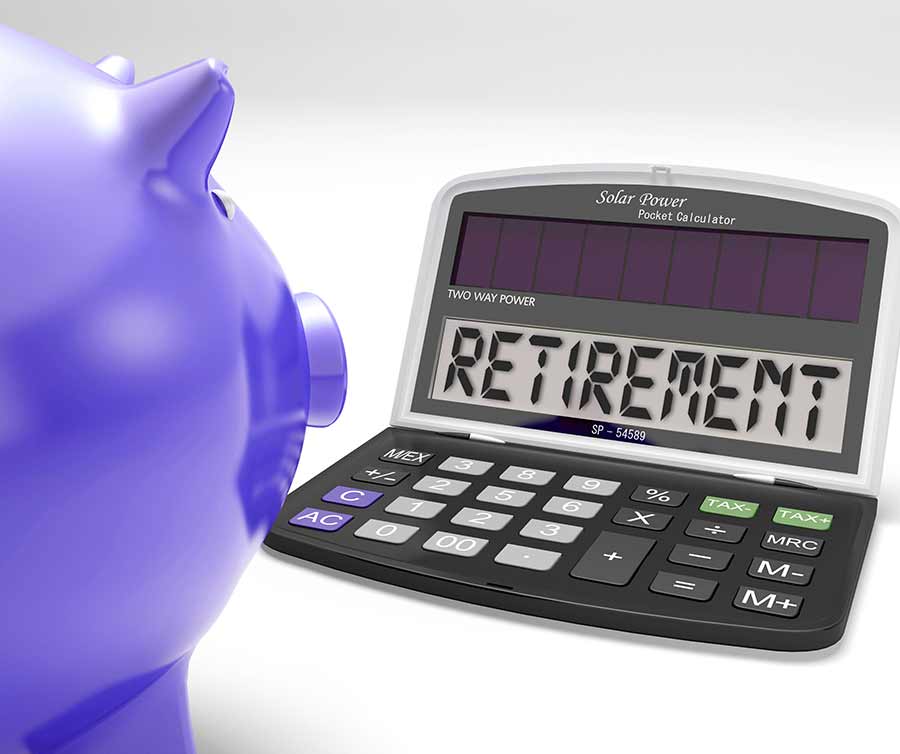Are you worried about what your taxes in retirement will look like? What’s the reward for approximately 45 years of your life spent working? It’s a relaxing and fulfilling retirement, of course. Retirement is something that almost everyone looks forward to “some day”. Pretty much every day feels like a Saturday in retirement. You have free time to do all those things you never had time for when you were punching the time clock day after day, week after week, and year after year. So what does your retirement look like? Are you counting the days? Perhaps you’re still a couple years away, or maybe you have a couple decades before you even start thinking about it.
Will That Retirement Tax Break Really Come?
The fact is, no matter where you are in life, you should consider your retirement plan, whether you are 30 or 60. Furthermore, with so much uncertainty in our country, including the economy, taxes and the government in general, living comfortably in retirement is anything but a sure thing. It used to be that retirees could count on a lower tax burden when they left the workforce. Sure, they had plenty of other things to worry about, like their health care and insurance costs, but certainly not taxes. However, that has all changed and one of the biggest mistakes people make now is thinking they’re going to get a huge tax break after they retire.
Tax Burden Factors in Retirement
Unfortunately, there are several factors that could end up making your tax bill higher than expected when you retire. Lets take a closer look:
- What happens to all those tax deductions – when you’re working you get to rely on some nice tax deductions every year come tax season. Things like mortgage interest, the child tax credit and a 401k plan, to name just a few. These deductions play a big role in reducing your tax bill from year to year while you’re working. However, when you retire, you lose many of these nice deductions and credits.
For example, your house will likely be paid off, or very close to it, so you lose that deduction. Your kids are grown and gone so you can’t claim them any longer. You can’t continue contributing to a 401k after you retire and because your income has decreased you don’t have as much to donate to charity, typically, either, which is another deduction. The fact is, nearly all of your income in retirement is subject to taxes.
- Change in standard of living – trading your workday for free time is great, but there is a downside to no longer collecting a regular paycheck. In most cases, when a person retires he or she wants to keep living the same lifestyle as he or she did before retirement. However, unless you’re bringing home the same amount of money then you likely won’t be able to maintain the same standard of living after you hang ’em up.
While it’s true that some of your expenses will disappear, it’s likely you will have new ones. If you want to travel, take up new hobbies, or splurge on a few things, all those expenses add up, which means your standard of living could be tough to maintain.
- Tax brackets can always change – another factor that can affect your tax bill in retirement is the possibility of changing tax brackets. Currently, lawmakers want to reduce the number of tax brackets and lower the tax percentages. However, tax brackets can change any time the country puts a new administration in office, which means the brackets could change several times between now and when you retire. Therefore, with so much uncertainty it’s possible that tax rates could be much higher when you retire than they are right now.
What Can You Do?
So how do you prepare? The first thing you need to do is make a plan. That should start by saving as much money as you can between now and retirement in tax-free accounts, such as Roth IRAs and Roth 401k plans. Along those same lines, if you can convert your regular IRAs to Roth IRAs that is another way to save more tax-free money. You can also start taking some distributions before you have to start taking your required minimum distributions at the age of 70 & 1/2. This could save you money on your Social Security benefits, which could be costly. The bottom line is you need to have a plan in place so you aren’t caught off guard. Knowing what your tax situation will like like in retirement can greatly reduce financial stress.



Leave a Reply
You must be logged in to post a comment.